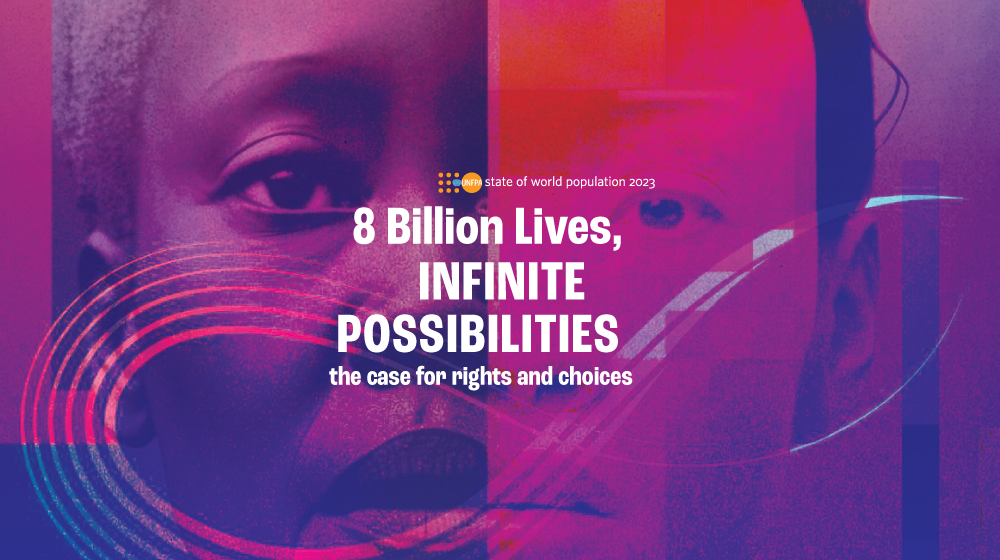
The world we live in today is filled with both hope and anxieties. We have made significant progress in terms of health, rights, and choices, with a larger human population than ever before. However, we face challenges such as economic uncertainty, climate change, the ongoing COVID-19 pandemic, and conflicts.
The United Nations announced that the global population surpassed 8 billion people in November 2022, with two-thirds of people living in places where fertility rates have fallen below the replacement level. These demographic transitions vary in different countries and contexts, but the complexity of this story often gets overlooked.
Population-related fears and alarms persist, with concerns about overpopulation or depopulation leading to catastrophic outcomes. However, when we oversimplify population issues, we obscure the real problems we need to address. Fertility rates deviating from 2.1 births per woman are often seen as red flags, and the solutions proposed usually focus on women's bodies. This alarmism poses risks of distracting us from important problems and denying the rights and autonomy of women and girls.
Population trends have significant impacts on culture, social relations, economies, and political discourse. However, we must move beyond reducing humanity to a population "bomb" or "bust." Efforts to influence fertility rates are often associated with diminished human freedoms, and there is no perfect population size or reliable way to achieve a specific size. Manipulating population numbers without considering broader factors can be illogical and undermine women's rights and choices.
While family-friendly conditions and access to contraceptives are crucial, simplifying population issues based on fertility rates is too simplistic. Infertility exists in high-fertility contexts, and unmet need for contraception is prevalent in low-fertility contexts. Comprehensive reproductive health services and gender equality protections are needed everywhere.
We should prioritize the needs, rights, choices, and dignity of vulnerable populations, including women, in population policies. Old prescriptions for managing population change have proven ineffective and can lead to violence and harm. Instead, we should aim for demographic resilience, where social and economic systems align with people's aspirations in times of prosperity and peril.
To achieve this, we need a broader understanding of population dynamics, considering factors like age structure, migration, mortality trends, and gender norms. Data collection and analysis should incorporate shifting social and gender norms, fertility intentions, and intersections with gender equality. We should ask questions that focus on realizing sexual and reproductive rights and protecting the space for choice equally for all.
It is time to listen to the voices of concern and advocate for sexual and reproductive justice. Building a sustainable, equal, and just world requires action from policymakers, parliamentarians, young people, older persons, activists, the private sector, and civil society groups. By creating a world where everyone can exercise their rights, choices, and responsibilities, we can shape a better future for all 8 billion of us. The time for action is now.
Explore more on the report SWP Report 2023: 8 Billion Strong | United Nations Population Fund (unfpa.org)
Source: UNFPA
 Welcome to the United Nations
Welcome to the United Nations